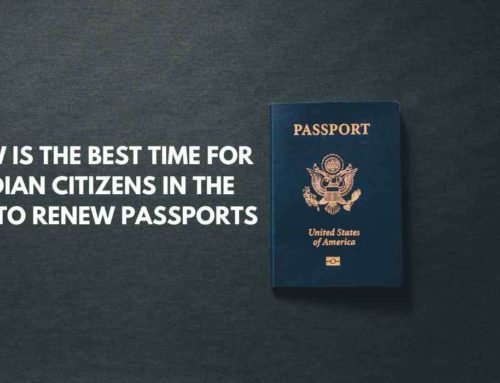Navigating Travel Scams: A Comprehensive Guide
Introduction
Traveling opens up a world of experiences, but it’s not without its pitfalls. One of the most significant risks today is falling prey to travel scams and frauds. In this article, we’ll explore various aspects of travel scams, providing you with valuable insights and tips to stay safe.
Understanding Travel Scams

What Are Travel Scams?
Travel scams are deceptive practices targeting tourists. They range from simple cons like overcharging to more elaborate schemes involving fake travel agencies.
Why They Thrive
Tourists are often seen as easy targets due to their unfamiliarity with the local environment and eagerness to experience new things.
Recognizing Common Travel Scams
- The Overpriced Taxi Ride: A classic scam where taxis overcharge or take longer routes.
- Fake Travel Agencies: Offering non-existent or substandard services.
- The Bait and Switch: Advertising one service or product and delivering another of lesser quality.
How to Protect Yourself

Research: Always research travel agencies, accommodations, and services before committing.
Tips for Safe Travel
- Use Reputable Sources: Book through known and trusted platforms.
- Be Aware of Local Prices: Understanding the local cost of living can prevent overpaying.
- Avoid Sharing Personal Information: Be cautious with whom you share personal details.
Staying Safe Online

In the digital age, online scams are as prevalent as physical ones.
Online Booking Scams
How They Operate: Scammers create fake websites mimicking legitimate travel agencies.
Protecting Yourself: Ensure the website is legitimate and check for secure payment options.
Conclusion
Traveling is an enriching experience, but it’s crucial to stay vigilant against scams. By being informed and cautious, you can protect yourself and enjoy your travels to the fullest.
FAQs
- How can I verify a travel agency’s legitimacy?
Check for reviews and confirm their physical presence. - What should I do if I suspect a scam?
Report to local authorities and avoid any further engagement. - Are there specific scams targeting online bookings?
Yes, such as fake websites and phishing emails. - How can I avoid overpaying for services while traveling?
Research local prices and use reputable booking platforms. - Can travel insurance protect against scams?
It can offer some protection, but it’s best to avoid scams in the first place.
























